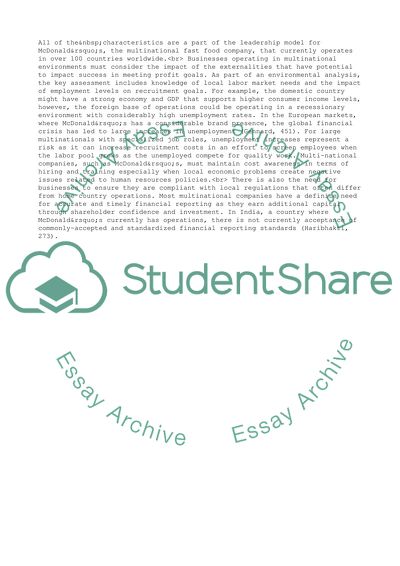Cite this document
(“Managing in the Global Economy: McDonalds Research Paper - 3”, n.d.)
Managing in the Global Economy: McDonalds Research Paper - 3. Retrieved from https://studentshare.org/business/1745581-research-paper
Managing in the Global Economy: McDonalds Research Paper - 3. Retrieved from https://studentshare.org/business/1745581-research-paper
(Managing in the Global Economy: McDonalds Research Paper - 3)
Managing in the Global Economy: McDonalds Research Paper - 3. https://studentshare.org/business/1745581-research-paper.
Managing in the Global Economy: McDonalds Research Paper - 3. https://studentshare.org/business/1745581-research-paper.
“Managing in the Global Economy: McDonalds Research Paper - 3”, n.d. https://studentshare.org/business/1745581-research-paper.


